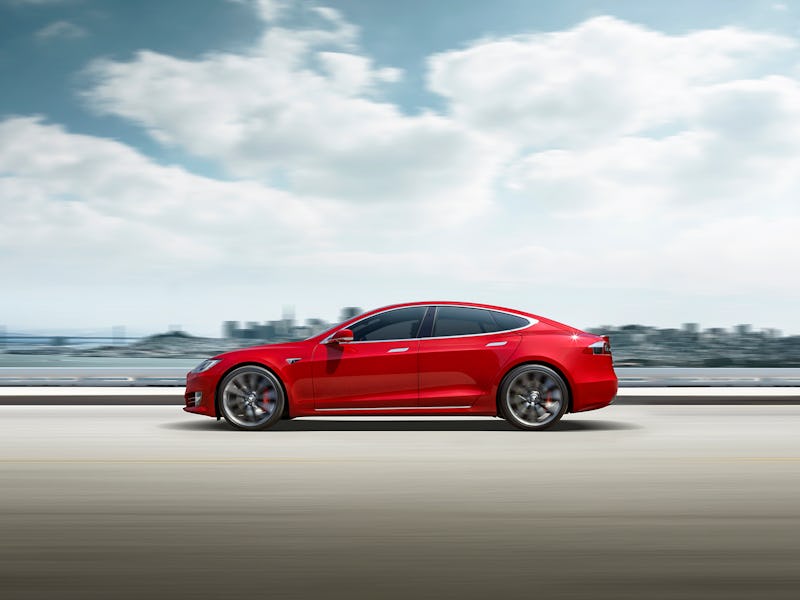Tesla: cheaper electric cars could face one big tech hurdle
The electric car company could offer a cheaper vehicle, but it faces an issue.

Why doesn't Tesla offer cheaper electric vehicles? Comments from Elon Musk on Monday suggest that the firm faces a big challenge when it comes to car prices, and it's one that presses against the cutting edge of technology.
The CEO was asked by a Twitter user called "jgrano305" about the Standard Range Tesla Model Y. The compact SUV was first announced in March 2019 with a starting price of $39,000, part of a three-vehicle strategy to appeal to a broader market. More expensive versions of the vehicle started hitting roads in March 2020, and the Model Y is currently available for $49,990. But "jgrano305" noted that the Standard Range version, previously listed on the site with a 2021 order date, was now missing. Will it still be made?
"No, as range would be unacceptably low (< 250 mile EPA)," Musk responded. "We have reduced pricing on Model Y LR dual motor & will offer a LR single motor Y in a few months, which improves affordability, while still keeping the product excellent."
The range, the number of miles an electric car can drive between charges, seems to remain a sore point for reducing prices and bringing cars to the masses. The entry-level Model Y has a range of 316 miles, as tested by the United States Environmental Protection Agency (the "EPA" Musk referenced). These ratings are big news for Tesla, and the company had a public exchange with the agency over its Model S that just missed the 400-mile mark earlier this year.
The entry-level Model 3, currently Tesla's cheapest car at $37,990, has a range of 250 miles.
Tesla's electric vehicles can take advantage of the company's widespread charging network.
While Tesla could ship a car with a lower range, it seems Musk considers below 250 miles to offer a sub-par experience. On that front, Musk's approach bears similarities to Steve Jobs: when the former Apple CEO was asked in 2008 about the size of its market share, Jobs argued that "we just can't ship junk," meaning its products would struggle to compete with cheaper computers at the low end.
Range is a highly-coveted feature in electric vehicles, particularly for the first-time electric car buyers that Tesla wants to entice. A February 2019 survey from Volvo found that 58 percent of non-electric car drivers cited running out of power as their main concern.
Tesla has worked to mitigate these concerns with its supercharger network, which can get a car back on the road in under half an hour. But while a driver stretching their legs every few hundred miles seems a sensible ownership strategy, would-be buyers cite concerns about range dropping during winter, or when towing.
So what's stopping Tesla from adding more range? Battery and powertrain technologies have both helped Tesla reach its current ranges, while also restricting it from cheaper models. Tesla looks set to make strides in both areas later this year, as it hosts investor days to outline internal advancements in both technology areas. The battery investor day is currently scheduled for September 15.
The Inverse analysis – A cheaper electric car sounds great, but a cheaper electric car with a particularly low range could leave a sour taste for entry-level buyers. With the upcoming battery and powertrain days, Tesla could make strides toward offering an acceptable level of range even at the low end.
What could that look like? In an interview with YouTuber MKBHD in 2018, Musk suggested a $25,000 Tesla could launch in three or four years. That would undercut Tesla's current cheapest car by over $10,000.
These future advancements sound promising, but in the present day, Model Y fans may be disappointed that the planned entry-level model has been shelved.